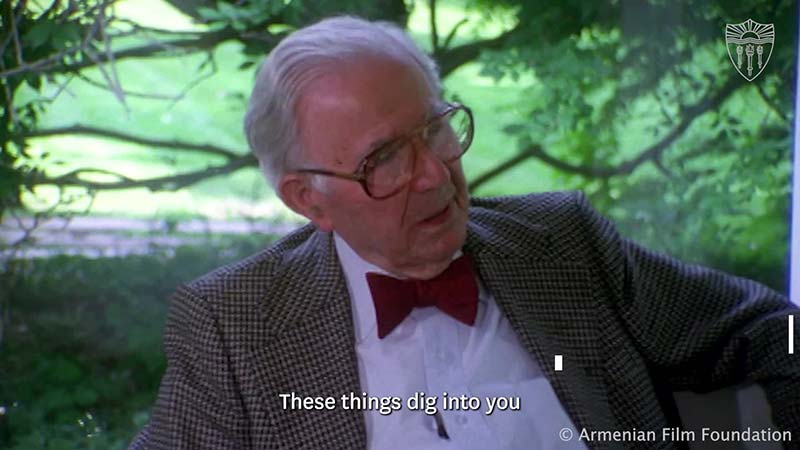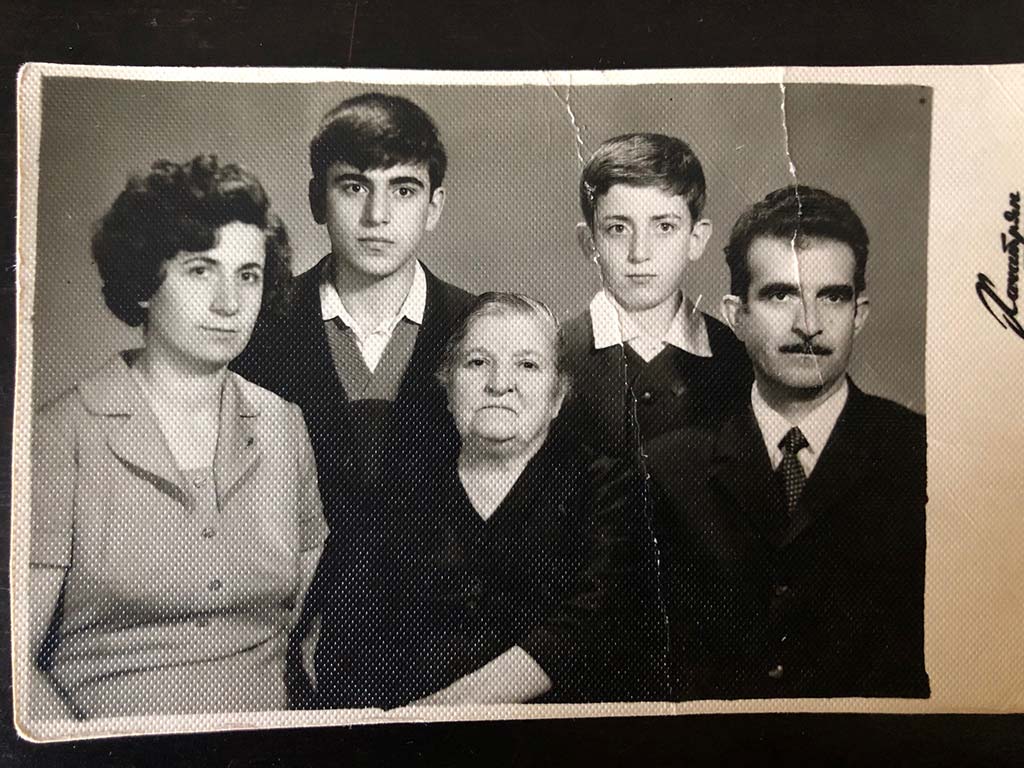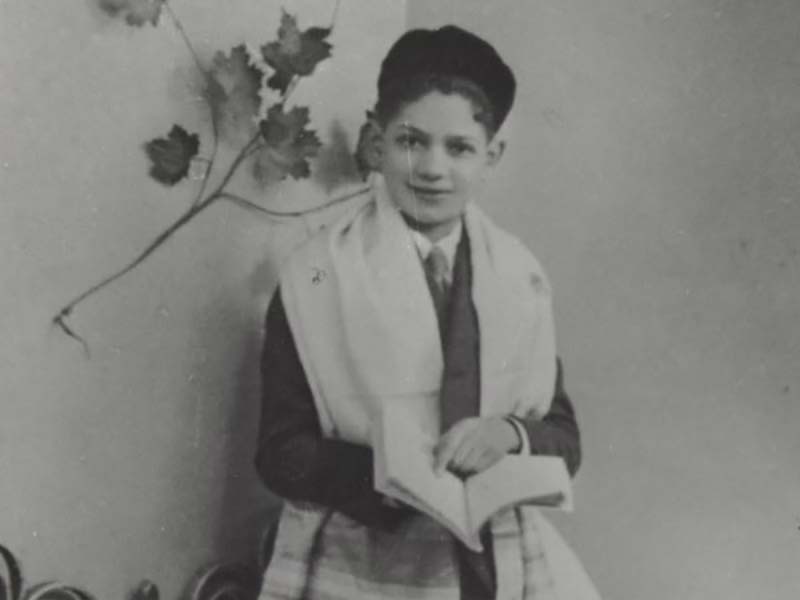News By Year and Month
Statement from our Executive Director on Armenian Genocide Remembrance Day
On April 24, we call on the world to remember the genocide of the Armenian people.
109 years ago, during the First World War, Ottoman authorities arrested hundreds of Armenian intellectuals and…
Wednesday, April 24, 2024
Recovered Testimony Brings Light, More Questions, to an Armenian Family
Over the past month, for the first time, I listened to the testimony of my late great-grandmother, Mary Antekelian, a survivor of the Armenian Genocide. The interview is an audio recording, but I…
Thursday, April 4, 2024
Hogan’s Heroes Actor Robert Clary, 96, Survived the Holocaust and Committed Himself to Remembrance
In September 1994, Hogan’s Heroes actor Robert Clary stepped up to be among the first 100 Holocaust survivors to be interviewed by Survivors of the Shoah Visual History Foundation, the organization…
Wednesday, April 3, 2024


